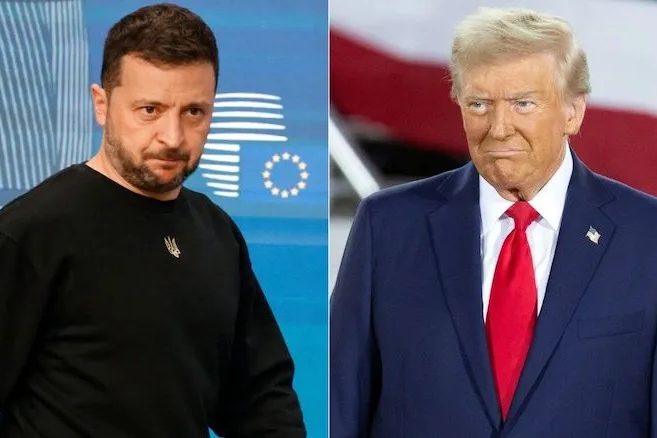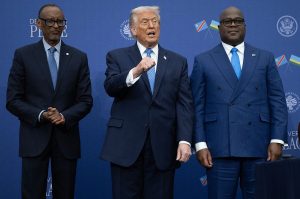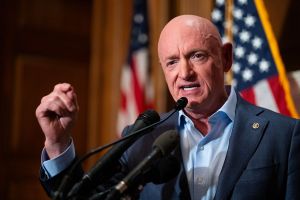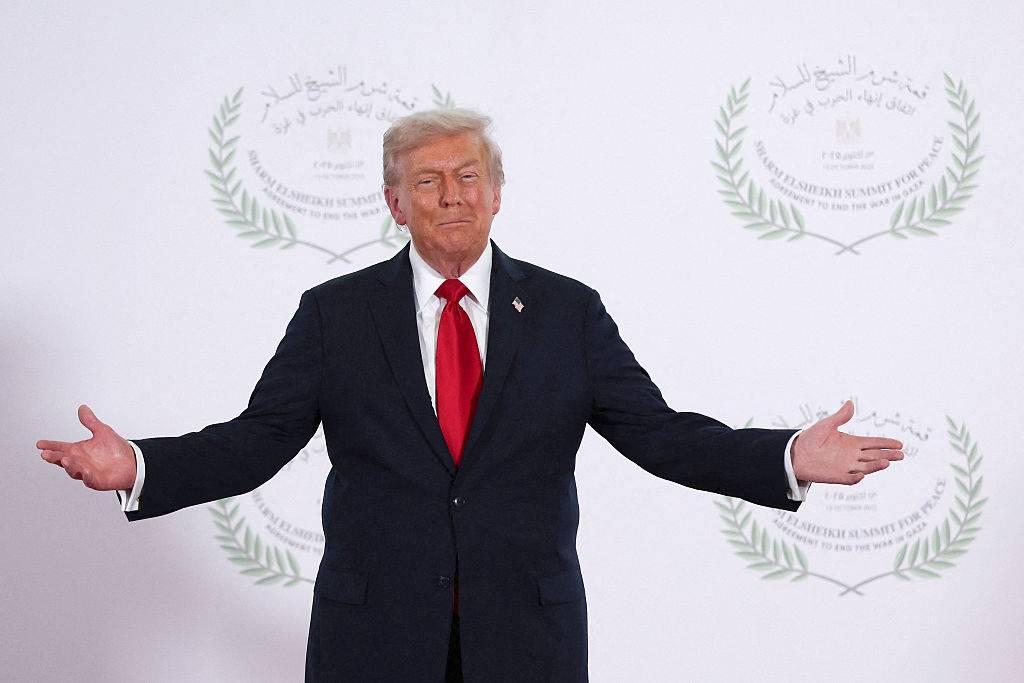Donald Trump’s triumph in the US presidential election is seen as a tragedy for Ukraine. Trump and Ukraine certainly have a troubled history. During Trump’s first term, when he pressured president Zelensky to investigate Hunter Biden, this effort led to Trump’s first impeachment. Trump’s sympathy for, indeed admiration of, Vladimir Putin is well-known. Trump and vice president-elect J.D. Vance claim to have a plan to swiftly end the Russian–Ukrainian war, presumably by strong arming Kyiv to cede territory to Russia and abandon its bid for NATO membership. Is Ukraine doomed and headed toward defeat and subjugation by Russia?
Putin prefers fighting to a ceasefire and will likely reject any Trump proposal for a simple stop to the hostilities
Likely not. Trump’s policies might severely harm Ukraine’s war effort, but Trump cannot simply deliver Ukraine to Putin; the country is not his to hand over. The doomsday scenarios overestimate the US impact and ignore the agency of Ukraine and its supporters. Ultimately, it is up to Ukrainians and Russians to decide whether to fight on. Trump’s presidency is a challenge and a serious risk for Ukraine, but the correct response is mitigation and preparation, not resignation or panic.
Trump’s main leverage over Kyiv is the US financial and military aid on which Ukraine heavily depends. The expected end to US aid would undoubtedly be a painful blow to Ukraine, but Trump’s rhetoric does not always align with his eventual actions. It was Trump who, in 2018, approved the sale of anti-tank Javelin missiles to Ukraine, whereas his predecessor Barack Obama refused to provide Ukraine with lethal aid. Trump’s key motivation was that the sale benefitted US producers; current US military aid does this on a vastly greater scale. Even if the military aid ceases, the impact might be less substantial than feared. Despite the impressive nominal volume of US assistance, in reality Ukraine received just a fraction of what was promised. The materiel that did arrive came with substantial strings attached, such as the ban on in-depth strikes into Russia,which greatly frustrates Ukrainians.
Another widespread fear is that Trump would strong arm Zelensky into a ceasefire that freezes the fighting and gives Russia breathing space to regroup, rearm, and strike again. Yet freezing the conflict along current frontlines leaves parts of Russia under Ukrainian occupation. For the Kremlin, this situation is unacceptable; Putin prefers fighting to a ceasefire and will likely reject any Trump proposal for a simple stop to the hostilities. And while Russia might indeed use a ceasefire to better prepare for the next strike, the same holds for Ukraine. Ukrainians are tired; they could also use a lull to mobilize, train, and equip new troops and allow veteran to recuperate. This is where Ukraine’s friends, such as the UK, can have the greatest impact by not abandoning it, even if the fighting has ceased and helping Kyiv to better prepare for the inevitable next round.
Trump will also face headwinds if the US seeks to impose a peace treaty that forces Ukraine to cede territory to Russia. Trump and many Western policymakers fail to understand that for Russia the war is just an episode in the identity-driven, centuries-long quest to dominate Ukraine. What drives the Kremlin is a longstanding desire to subjugate and, failing that, destroy Ukrainian nationhood and state as such — not fear of NATO or a quest for land. Russians trace the history of their state to Kyiv, not Donbas, and Putin wants all of Ukraine, hook, line and sinker. Thus, the Kremlin will put forward maximalist demands that grant Russia de facto control over Ukraine, which even Trump might find hard to accept.
Trump will also likely be attuned to the argument that Russia’s takeover of Ukraine would trigger a massive refugee crisis with substantial implications for the US. Furthermore, Putin will demand the removal of Western sanctions that damage Russia’s economy, but which are supported by many Americans and would be hard to lift for the tariffs-loving Trump.
What drives the Kremlin is a longstanding desire to subjugate and, failing that, destroy Ukrainian nationhood
Outside of Ukraine, Putin and Trump will quickly find themselves on a collision course due to the president-elect’s other priorities. Trump’s desire to confront Iran, which allegedly tried to assassinate him, and contain China — both Russia’s key allies — will harm Putin. Accommodating Russia in Ukraine would embolden Washington’s main adversaries. This might not lead Trump to increase support for Ukraine but will likely limit his willingness to force Kyiv into an unfavorable deal.
The more realistic scenario, therefore, is not Trump making Zelensky accept a bad peace but that the war continues — now without or with much reduced US support for Ukraine — until one of the sides gives up. Kyiv and its partners should prepare for this scenario. In the short term, the UK and the EU can mitigate some of the worst effects of losing US aid. In the medium term, this might also spur greater investment in Ukraine’s and Europe’s domestic defense production, which would over time decrease the reliance on Washington.
Ukraine’s supporters should also lobby their leaders and elected representatives to keep the sanctions on Russia intact and not to accept a deal that would grant Russia control over Ukraine’s domestic politics and foreign policy. Finally, Westerners who care about Ukraine — our universities, cultural institutions, and philanthropic organizations — should invest in promoting, learning, and teaching about Ukraine’s culture, history, and language. As Russia’s main goal is the eradication of Ukrainian identity and culture, this is one of the most powerful long-term strategies to support the country, no matter which policies Trump pursues in the next four years.
This article was originally published on The Spectator’s UK website.

























